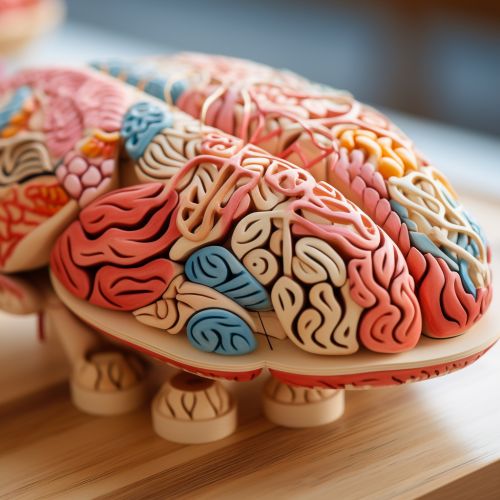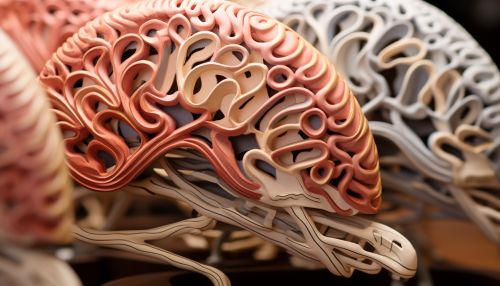Sleep and health
Introduction
Sleep is a naturally recurring state of mind and body, characterized by altered consciousness, relatively inhibited sensory activity, reduced muscle activity, and inhibition of nearly all voluntary muscles during rapid eye movement (REM) sleep, and reduced interactions with surroundings. It is distinguished from wakefulness by a decreased ability to react to stimuli, but more reactive than a coma or disorders of consciousness, with sleep displaying very different and active brain patterns.
Physiology of Sleep
Sleep is a complex and dynamic process that affects how we function in ways scientists are now beginning to understand. Sleep involves multiple brain structures, networks, and chemicals that work together to promote sleep and wakefulness.


Brain Activity During Sleep
During sleep, the brain goes through a series of changes, each resulting in different brain wave activity and physiological changes. The two main types of sleep are Non-Rapid Eye Movement (NREM) and Rapid Eye Movement (REM) sleep. These stages can be differentiated by their distinct electroencephalographic (EEG) characteristics, and each stage of sleep serves a different purpose.
Sleep-Wake Homeostasis
Sleep-wake homeostasis keeps track of your need for sleep. The homeostatic sleep drive reminds the body to sleep after a certain time and regulates sleep intensity. This sleep drive gets stronger every hour you are awake and causes you to sleep longer and more deeply after a period of sleep deprivation.
Circadian Rhythm
The circadian rhythm dictates the body's sleep-wake schedule by causing you to feel increasingly sleepy in the evening and awake in the morning. The circadian rhythm dips and rises at different times of the day, so adults' strongest sleep drive generally occurs between 2:00-4:00 am and in the afternoon between 1:00-3:00 pm, although there is some variation depending on whether you are a "morning person" or an "evening person."
Health Effects of Sleep
Sleep is essential for a person's health and wellbeing, according to the National Sleep Foundation. Yet millions of people do not get enough sleep and many suffer from lack of sleep.
Physical Health
Sleep plays a crucial role in good health and well-being throughout your life. Getting enough quality sleep at the right times can help protect your mental health, physical health, quality of life, and safety.
Heart Health
Sleep quality and duration can affect a wide array of conditions, including cardiovascular health. Studies have shown that short sleepers (those getting less than 6 hours per night) have a 48% increased risk of developing or dying from heart disease.
Obesity and Diabetes
Lack of sleep can also alter your metabolism and how your body responds to insulin, leading to increased risk of obesity and diabetes. Sleep deprivation can lead to higher levels of insulin after eating, promoting fat storage and increasing the risk of type 2 diabetes.
Immune Function
Sleep also plays a role in the function of the immune system. Chronic sleep loss can reduce the efficacy of the immune system, making the body more susceptible to infections.
Mental Health
Sleep and mental health are closely connected. Sleep deprivation affects your psychological state and mental health. Those with mental health problems are more likely to have insomnia or other sleep disorders.
Mood
Lack of sleep can affect your mood and emotional regulation. Studies have shown that even partial sleep deprivation has a significant effect on mood. University of Pennsylvania researchers found that subjects who were limited to only 4.5 hours of sleep a night for one week reported feeling more stressed, angry, sad, and mentally exhausted.
Cognitive Function
Sleep is also essential for cognitive functions such as memory and learning. During sleep, your brain forms new pathways to help you learn and remember information. Studies show that a good night's sleep improves learning and problem-solving skills.
Sleep Disorders
There are many different sleep disorders that can interfere with sleep quality, duration, and timing. These include insomnia, sleep apnea, restless legs syndrome, and narcolepsy, among others.
Conclusion
Sleep is a vital, often neglected, component of every person's overall health and well-being. Sleep is important because it enables the body to repair and be fit and ready for another day. Getting adequate rest may also help prevent excess weight gain, heart disease, and increased illness duration.
